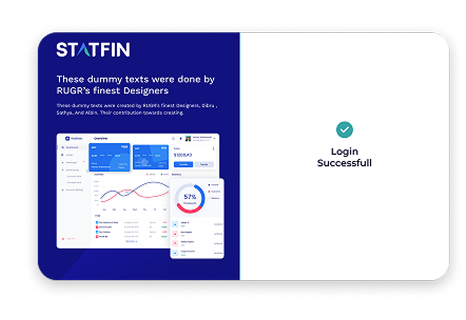Experience the Future of Risk-free Onboardings
-
Context-aware natural language search and discovery
-
Embark on a journey of data-driven decision-making
-
Single permission model for data + AI

AML is the practice of screening an individual or a business entity against banned lists like Sanction lists, PEP lists and others to identify any past financial crimes, including money laundering and illicit money handling, to potentially stop them from committing further illegal money activities.
Regulatory Compliance: Conducting AML checks ensures businesses stay compliant and avoid service disruptions.
Secure Partnerships: Verifying partners and users thoroughly helps build trust and prevent financial risks.
Fraud Prevention: Strong compliance practices safeguard against money laundering and illegal transactions.
Financial & Brand Protection: AML checks help businesses maintain stability, credibility, and long-term success.

AML ensures that organizations avoid associations with financial crimes, fraud, or illicit activities.


Global Compliance Screening guarantees that people and organizations are checked against worldwide regulatory databases.


Ensures adherence to global AML regulations, preventing legal issues.

Identifies high-risk individuals and entities through advanced analytics.


Continuously tracks transactions for suspicious activities.

Collects KYC details to detect discrepancies in identity.

.svg)

Analyzes UBOs, financial background, business associations, and geographical locations.

.svg)

Cross-checks profiles against compliance databases like Sanctions lists, Watchlists, PEP lists, and Blacklists.

.svg)

Classifies profiles into low, medium, or high risk based on identified risk factors.

.svg)

Generates detailed reports highlighting suspicious activities and compliance insights.

.svg)
Anti-Money Laundering is a background check primarily done to avoid onboarding high-risk individuals who can cause disruptions to a business. Disruptions can result in weakening the business flow, affecting its operations, causing a bad reputation, making them face penalties and legal actions/disputes, etc.